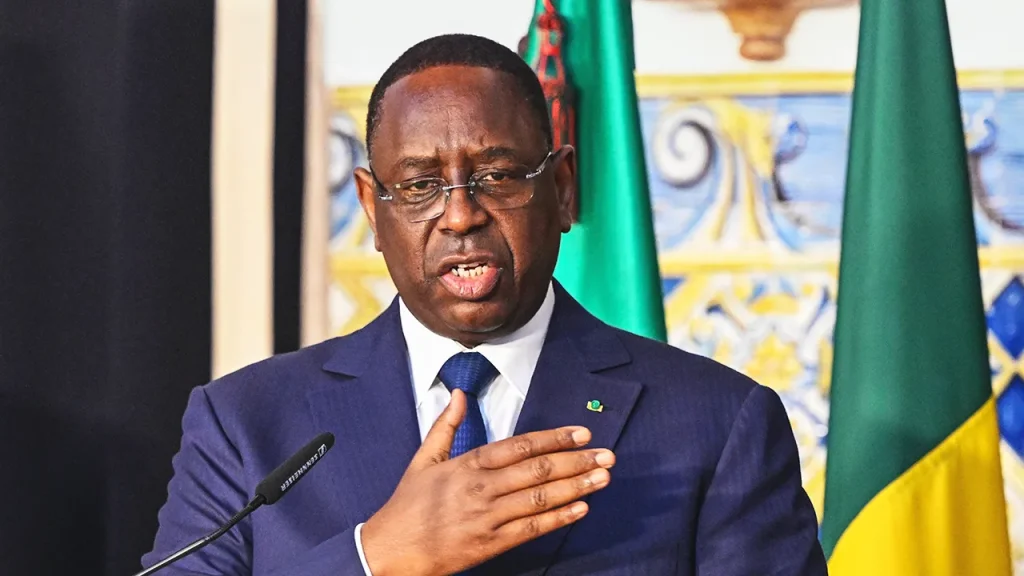With less than two weeks to the national polls in Senegal, nineteen candidates are running for the presidency in Senegal’s March 24 election, and no obvious front-runner has emerged to succeed outgoing President Macky Sall. For the first time in Senegalese history, the incumbent is not in the race.
Prominent candidates include former prime minister Amadou Ba, 62, the handpicked flagbearer for the ruling Benno Bokk Yaakaar coalition, Khalifa Sall, 64, a former minister and mayor of Dakar, and Bassirou Diomaye Faye, a 43-year-old tax inspector running in place of jailed opposition firebrand Ousmane Sonko. To avoid a runoff, one candidate must secure over 50% of the vote.
Voting
Over 7 million people out of a population of 17 million are registered to vote in the election, which will see about 16,440 polling stations open across the West African country and in the diaspora.
Polls will open at 0800 GMT and close at 1800 GMT.

Results
Immediately after voting ends, ballots are counted in the polling stations and displayed at each location. Copies are given to representatives of candidates and the National Election Commission. Vote tallies are transmitted to the Constitutional Council. The National Electoral Commission proclaims the provisional results.
Any challenge to the provisional results must be filed within 72 hours. If there are no challenges, the Constitutional Council proclaims the final results. If there are challenges, the council has five days to make a ruling.
Second Round
If no candidate obtains an absolute majority of the vote in the first round, the two top candidates go head-to-head in a runoff.
According to the constitution, the runoff should be held on the third Sunday after the proclamation of the results of the first round by the Constitutional Council.


